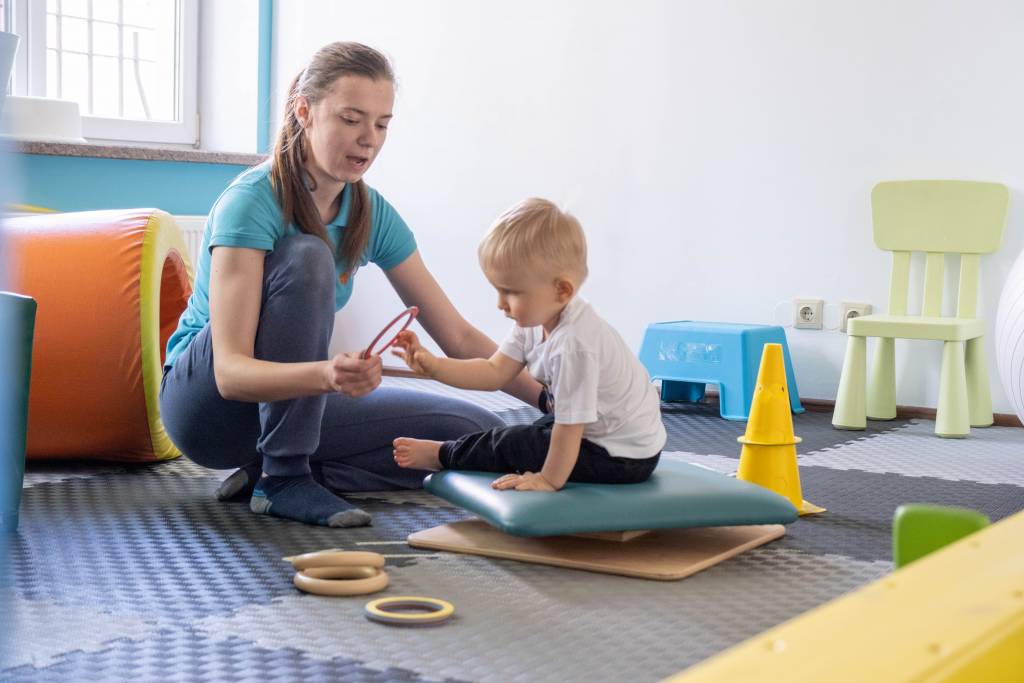This story is written by Simon Chambers, Director of Communications at ACT Alliance.

Photo: Simon Chambers/ACT
Survivor and community-led response (SCLR) is a methodology in humanitarian work which involves a close connection with the people and communities that are directly impacted by the humanitarian situation to find out what their most pressing needs are, and then working to support them in achieving those needs through financial and other methods.
ACT Alliance has been working with this methodology for several years now (the ACT Haiti Forum used SCLR extensively in its response to the 2021 earthquake), and is making use of it in the Ukraine appeal as well.
ACT member Hungarian Interchurch Aid is providing Flexible Small Grants to congregations and other community groups who are meeting the needs of internally displaced people in the Lviv region. These grants allow the groups themselves to decide on their needs and use the funds to meet the needs.
One IDP centre chose to purchase a washer and dryer so that displaced people could wash their clothes while staying there before moving on, for example.
Another good example is the START programme. START is a small organization focused on meeting the developmental needs of autistic children and children with other developmental disabilities. Working with individual children or small groups, they focus on play and learn techniques using sensory boxes and a variety of other techniques.
Anna Sviat, the founder of START, created the program two years ago and was meeting the needs of 150 families in the Lviv area before the February invasion of Ukraine.
Today, her programme supports 30 families of IDPs with children who have developmental disabilities, helping them to process the trauma of their experience and develop in a joyful, tranquil situation at START.
“Living in a bomb shelter, or taking a blacked-out train at night is hard for anybody,” Sviat said. “But it is even worse for children who have sensory issues or other special needs.” She and her team quickly realized that they could support families who had fled the violence further east in their country.
Alexander fled Kharkiv with his two-year old son. His son was born prematurely and is deaf in his left ear, and may have autism. Alexander is glad that he is able to bring his son to the START programme to receive support and programming which meet his specific needs.
HIA’s flexible small grant for the START programme will be used by Sviat and her team to purchase more sensory boxes, stacking toys, mats, and other supplies that will allow them to continue to meet the needs of the IDPs, and to begin to mix the IDP families in with the local families she was already serving.
This will help provide psychological and developmental support to all the children in the programme over time.
The FSG programme of Hungarian Interchurch Aid allows organizations to define their own needs and meet them, as Sviat is doing with START. It provides practical, effective support in a dignified manner to the communities, enabling them to do what they already know needs to happen to improve the situation they are facing.
________________________________
For more information on our response to the war in Ukraine, visit our website.